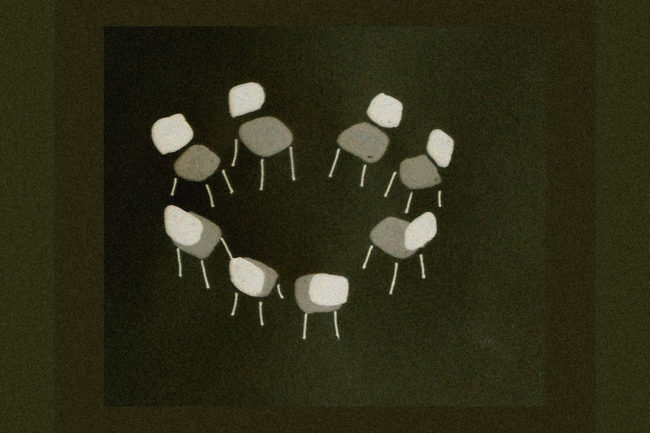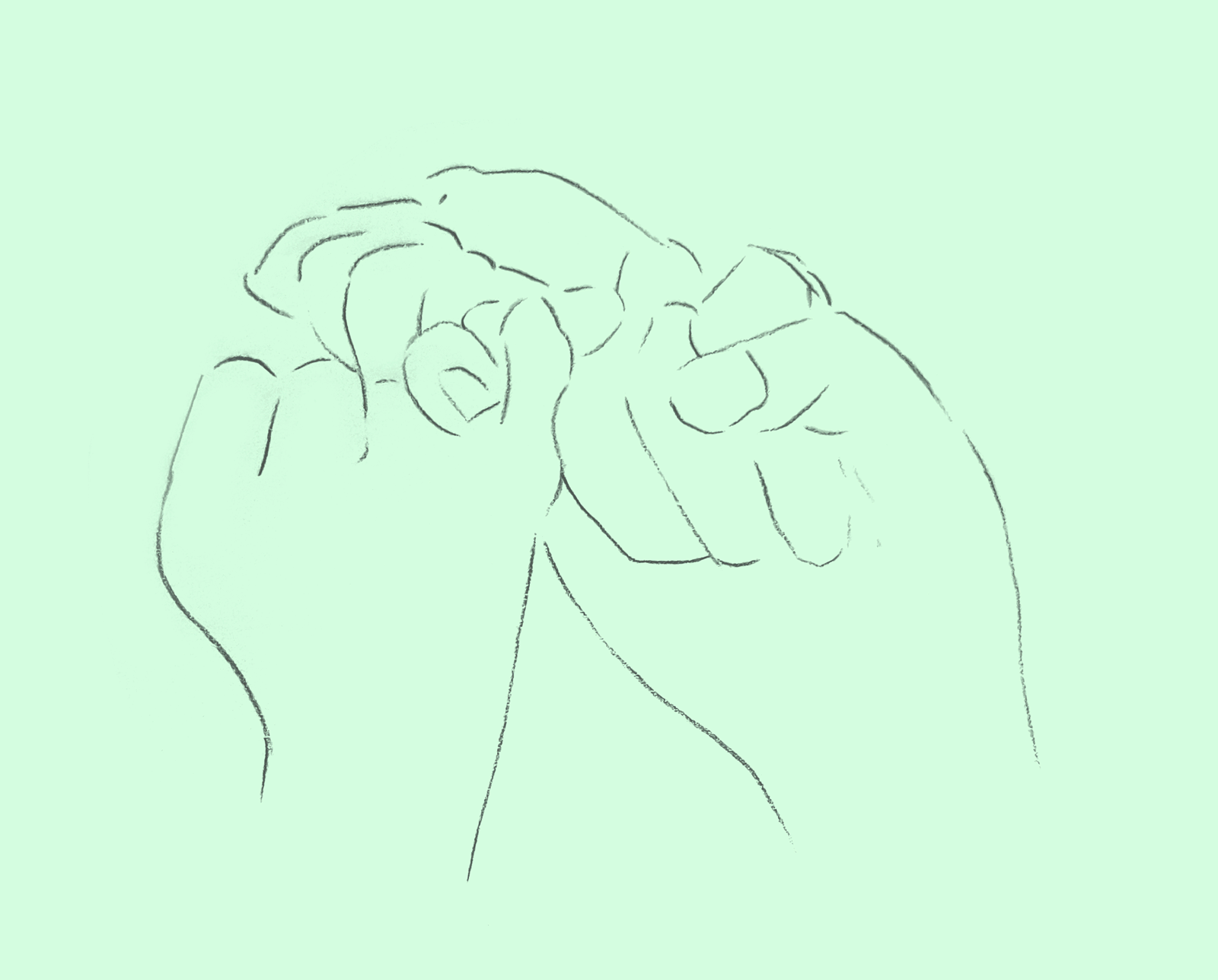Solidarity in action

© Rogelio Vazquez
Solidarity must become concrete action to fight against inequalities, to return to mutual aid, to believe and trust in others and thus undertake mechanisms that can confront the voids and injustices of capitalism. In this sense, cooperativism is key.
It is about promoting horizontal relationships that question conventional hierarchies and promote networking. For this to happen, other values must also be inverted: the pursuit of profit or individual fulfillment is no longer considered the most important thing on this scale, but rather the commitment to the community and the development of the collective is placed above it.
This system is not new and, historically, it can be traced back to ancient societies where mutual benefits were promoted. Recently, however, it is interesting to note that cooperatives have emerged as a response to the expansion, concentration and, in some ways, monopolization of industry, commerce and finance. Key to this origin is the critique of expanding capitalism.
It is a question, then, of strengthening the solidarity economy in which the benefits obtained through work are not only economic, but also social and cultural, and we speak of strengthening and expanding, because the crisis of capitalism is not recent and in many places community productive units have emerged as alternatives, but they are small.
For this reason, it is key to rethink some principles that reverse the values of capitalism, one of them is to think the economy at the service of people (and not people at the service of productivity), to prioritize relations of equality that take into account horizontality and inclusion and, finally, to change the notion of progress, so that it can be self-determined by each community and culture.
And how to begin?
Once again, it is a matter of inverting the priorities imposed by the current system, starting by strengthening the social ties that have been broken because many of today's social relations are based on competition. In this sense, it is key to promote public meeting spaces to create collective action networks that can be critical of social injustices and to think of citizen initiatives that can assume different ways of having control over the way in which we produce, consume, invest or exchange.
The latter can be put into practice through the creation of self-managed cooperatives characterized by their non-profit nature, where people take part voluntarily in order to meet their needs and aspirations. Thus, the organization does not have a single owner but is jointly owned and managed in a democratic manner whose growth is conscious of its environment, i.e., that it can be sustainable and does not destroy the environment and, therefore, also solve real needs of the communities.
Justice, at this point, must be the key word on which cooperatives are built. Therefore, as companies, they should think from the people's point of view, that products and services should be accessible -fair prices-, that the chain of intermediaries should be reduced and that they should generate relationships with other organizations with similar ethical principles where exchange is encouraged and an awareness of responsible consumption is fostered. For all this, it is also key to confront one aspect of capitalism: speculation.
In conclusion, thinking of cooperativism as a form of solidarity economy is key to respond to the need of communities to relate in a more egalitarian and fairer way, especially from the economic point of view, but without losing sight of the social purposes and bearing in mind the importance of understanding the role that each one has as a citizen, since it is from participation, that is, with an active citizenship that the necessary transformations can be generated.
Carolina Campuzano, member of More of Us










































